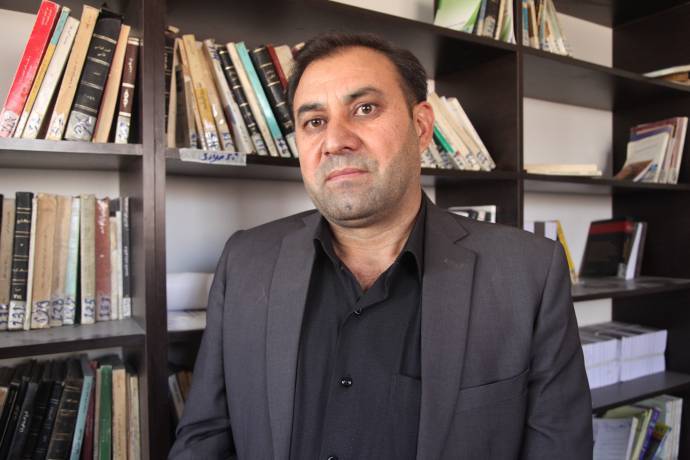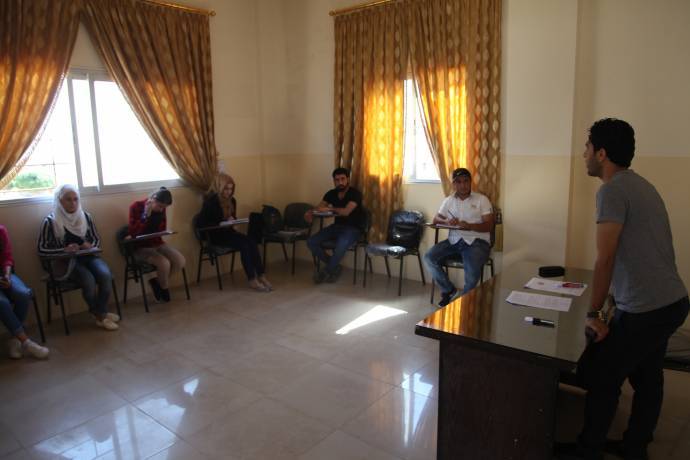Kobanê University to open new faculties
The university in Kobanê is run by co-rectorship.
The university in Kobanê is run by co-rectorship.
Kobanê University, the first university in the world to be run by co-rectorship, is preparing to open new faculties, namely agriculture, biology, history, philosophy and geography.
Writing in MA agency, Nazım Daştan explained that construction works are still going on in Kobanê, the city that liberated itself from DAESH (ISIS) in January 2015, after a heroic resistance carried out by YPG/YPJ units (People’s and Women’s Defense Units). The city had been attacked by DAESH in September 2014 but its people showed the world that the people’s power and will can do more than heavy weapons.
Rebuilding life
The traces of war, at least the physical ones, and the destruction left by DAESH are being gradually cancelled: life is getting organized again in cultural, artistic, scientific and educational fields.
The education field is one of the most important in the rebuilding of the city: today hundreds of schools are opened at primary, secondary and high school levels. A university was also opened.
University opened in 2017
Kobanê University, the first university in the Euphrates region of Northern Syria, was opened on 10 December 2017.
The university houses, as well as Education and Language faculties, the faculties of mathematics, physics, chemistry, and Kurdish language.

The university is now preparing to open other faculties, namely agriculture, biology, history, philosophy and geography. The new departments will be opening in the coming days.
The university has 45 students and 16 faculty executives and is the first university in the world to be run by co-rectorship system.
After the war
Kobanê University co-rector, Mehmud Kemal Bersavi, said that it is a great dream to open an education centre in Kobanê. He added that people who lived such a heavy war had waited for years for the opening of such an institution.

Bersavi reminded that the education was stopped because of the DAESH attacks, but after the war, people have begun to go back to their lives.
Bersavi said they have finally been able to give students the opportunity to go to university. An opportunity denied to them by war and other problems.
Bersavi, who had previously taught at the universities in Aleppo, Tishrin and Damascus, said that since they opened, many universities and educational institutions had been in touch with them.
“We have direct contact with Sulaymaniyah University and other international universities. They all want to shape relations also to help us to develop our university and we are confident they will visit us soon".

Democratic and scientific education
Bersavi said: “Young people will not just get a diploma. They will actually learn about their society, they will gain social consciousness, and this will trigger social change. We want to provide a democratic and scientific education. We won’t forget the legendary struggle of our city. With knowledge and education, we will carry on those values. We won’t waste those people’s hope and work”.